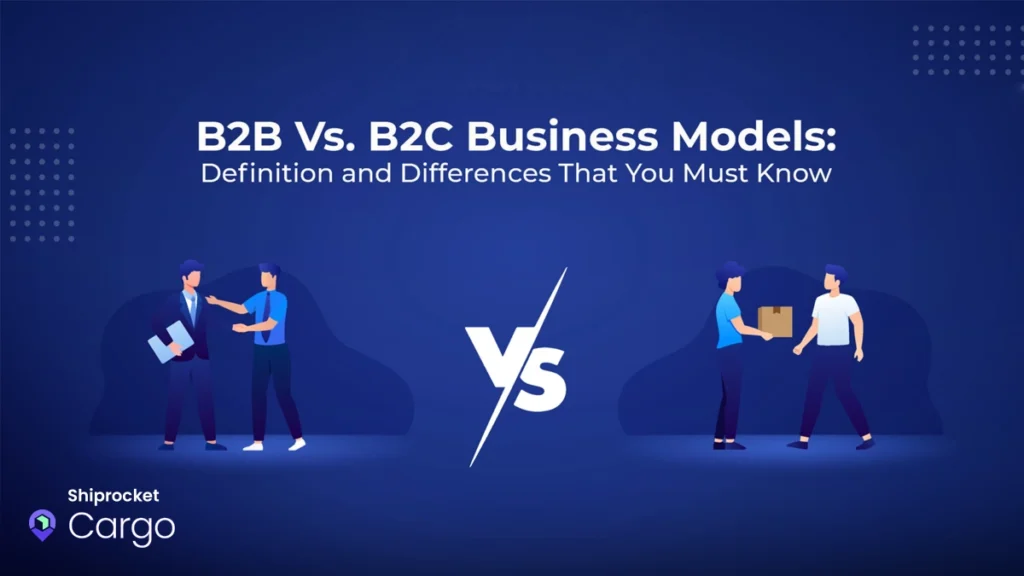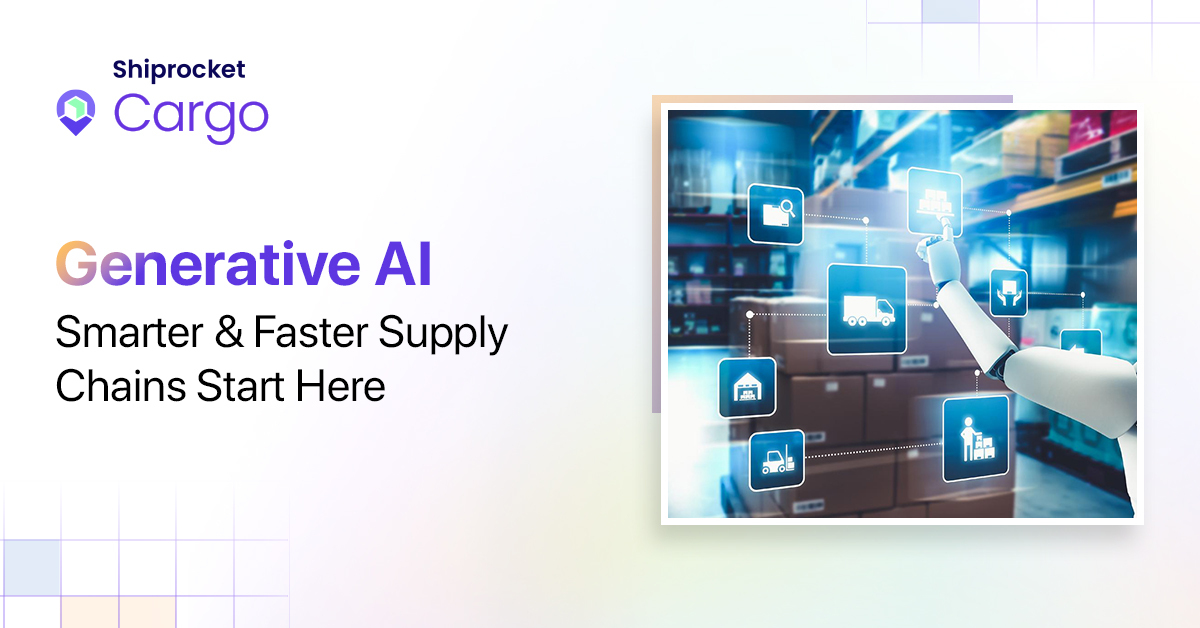The Difference Between B2B and B2C Business Models

The Indian eCommerce market is fragmented into b2b and b2c.
B2B is an abbreviation for Business to Business. As the name implies, it is a commercial transaction in which items are purchased and sold between two business houses, such as a manufacturer and a retail store.
Business to Consumer (B2C) is another model in which a company sells its goods and services to the final customer. There are numerous distinctions between b2b and b2c; let’s look at them in detail.
Sales are the final result of these models, but the targeted audience differs. Before that, let us understand what b2b and b2c are.
What is B2B?
A Business to Business transaction occurs between two business organizations, such as a supplier and a manufacturer, a manufacturer and a wholesaler, or a wholesaler and a retailer.
Due to the volume of transactions, decision-making is challenging. Therefore, B2B businesses are dedicated to developing an excellent personal relationship with the other party to the transaction; because the target market is small, their main goal is to convert prospects into customers.
To illustrate B2B marketing, consider the shoe industry. How do brands go to the showroom and find customers? The leather goes through several stages before becoming footwear.
They are then packaged in boxes and distributed to showrooms where customers can purchase them. A sequence of transactions occurs in this example to produce a single shoe. B2B begins with the procurement of raw materials and continues until it is distributed to the showroom.
What is B2C?
B2C is the transaction between a business and the final consumer. This can encompass any sales procedure in which the corporation sells things and provides services directly to the end consumer.
B2C decision-making is simple because the transaction is one step and does not involve numerous people. This is because the target market is enormous, and millions of consumers play a major tries in converting shoppers into purchases.
Nowadays, consumers can also purchase items online, a business-to-consumer transaction in which they can select a product online and order it. Then, the product will be delivered to the consumer’s mentioned address.
Key Differences Between B2B and B2C
The following points explain the difference between b2b and b2c:
- B2B is a business paradigm in which transactions are conducted between companies. Another business strategy is B2C, in which a company sells things directly to the final consumer.
- The customer in B2B is a business entity, whereas the customer in B2C is a consumer.
- B2B is concerned with the relationship with the business entities, whereas B2C is concerned with the product.
- In B2B, the purchasing and selling cycle is much longer than in B2C.
- In B2B, business relationships persist for a long time. In contrast, in B2C, the relationship between buyer and supplier is short.
- In B2B, decisions are thoroughly planned and logical, whereas in B2C, decisions are emotive.
- The amount of items sold in B2B is substantial. In contrast, minimal quantities of items are offered in B2C.
- Trust and personal relationships between business organizations build brand value. In contrast, in B2C, advertising and promotion build brand value.
Shiprocket Cargo: Revolutionizing B2B Bulk Shipping
Shiprocket Cargo features a cutting-edge platform that expand capabilities in B2B and bulk transfer via freight carriers. In addition, the platform has a slew of capabilities to help merchants save time, money, and effort while providing a seamless end-to-end logistics experience.
By leveraging advanced technologies, Shiprocket Cargo makes shipping seamless and hassle-free. With their platform, businesses can take advantage of several benefits:
Appointment-based Delivery: Brands can get an appointment to get their products delivered at the desired time.
Real-Time Shipment Tracking: B2b and b2c businesses can have the leverage to track their shipments in real-time and get instant updates on their orders.
They deliver a flawless shipping experience to their clients by utilizing these and many more benefits.
Conclusion
When the two business models are combined, they encompass the entire business process. B2B refers to companies that sell their products to other businesses by adding value, such as Shiprocket Cargo. When we talk B2C, we’re talking about companies selling their items directly to consumers who will not resale the products.



